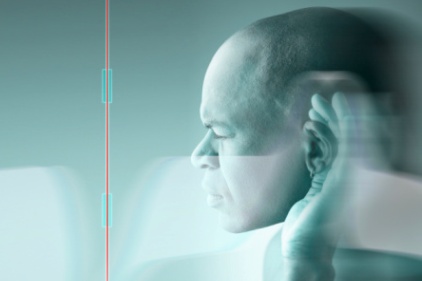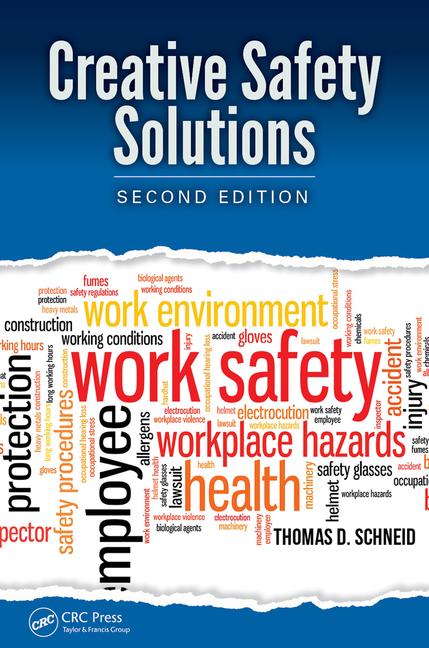 Hyperacusis is a condition that causes a person to be unable to tolerate everyday noise levels without pain. This condition may be initiated by a disease, by an acoustic trauma event (loud noise exposure), or induced by certain drugs.
Hyperacusis is a condition that causes a person to be unable to tolerate everyday noise levels without pain. This condition may be initiated by a disease, by an acoustic trauma event (loud noise exposure), or induced by certain drugs.
Hyperacusis Research is the only non-profit dedicated to researching noise-induced pain, which is an under-recognized consequence of overexposure to noise.
A Mother's Hyperacusis Journey
It was after that event, that I realized that something irreversible again had happened to my ears. However, this time felt different. My symptoms were more severe. I was terrified because I didn't know what to do to make this better, and if I would ever get better. I was suddenly extremely limited in what I could do, and my tinnitus was unbearable.
Everything became a struggle, and I was acutely and constantly aware of sound levels.
I fortunately have a very quiet setting at work, and I was still able to go to work.
But my life was limited. I avoided social settings with more than a few people, I didn't go out to restaurants, movies, birthday parties, etc... I started blocking my ears again in an attempt to help them improve.
At that point I went to an otologist for an evaluation and had a hearing test. My hearing test showed a high frequency hearing loss, and the otologist said unfortunately for my sort of problem, there isn't much one can do aside from trying to stay positive.
I felt helpless and frustrated with my situation. I live an active life, have a wonderful husband and beautiful children, and all of a sudden I felt I couldn't enjoy all the pleasures and activities in my life. I've always been able to figure out a way to solve my problems and have, up until this point, been extremely healthy. I couldn't believe an injury to my ears, that to many may seem intangible, could have such a massive impact on my life.
At this point, being somewhat of an activist and problem solver, I went on the internet searching for an organization or group of people that had similar symptoms or research that may be underway to help this condition. I also had a consultation with a hyperacusis, Jastrebroff trained, center. I tried to gather as much information as possible to better understand what happened to my ears, and what could be done to improve my condition.
I understood that over-blocking my ears wasn't optimal, but at the same time, I needed to avoid further acoustic trauma, and in the short term rest my ears. It's hard to avoid sound, and initially I was frustrated and sad when I had to say no to certain events or parties based on my ears.
However, once I accepted that I had an injury and needed to deal with the recovery, my attitude changed. I had to put things in perspective. There were many things that I still could do, and I had to focus on enjoying those things, albeit quiet things, and hope that my ears would over time get a little better. My husband and family were very supportive and helped in my efforts to create quieter environments.
I decided not to participate in the sound retraining therapy or neuromonics, and instead tried to use ear protection with caution. I try to avoid loud sound environments so that I didn't need to keep my ears constantly plugged and allowed my ears to enjoy natural sounds.
I also used a noise machine at night while sleeping.
I noticed that my tolerances started to improve gradually. First I noticed the shower was less bothersome. I then started using ear protection less at home with my kids yelling in the house. Suddenly I was picking my children up at school without terror, and I started going to some quiet restaurants. I started flying on planes, and was able to tolerate these without too much discomfort or aggravation of my symptoms.
With every new noise exposure, I try to do it in limited time intervals, and also try not to block my ears for extended periods of time. The progress is slow, but it is progress, and I feel that I am getting my life back. I am still very cautions and aware of the sound level and always carry ear plugs with me. However, I notice that I use the ear plugs less, and am able to do more things.
In addition to my lifestyle efforts, I reached out to various hearing research organizations, most notably the Hyperacusis Research nonprofit and the Hearing Health Foundation.
The Hearing Health Foundation, which recently launched a fabulous hearing research project called the Hearing Restoration Project, has many world renowned hearing scientists who have been very supportive in trying to support efforts to better understand hyperacusis and its underlying mechanism. This will hopefully lead to better treatments. I also thank the Hyperacusis Research nonprofit group for its fantastic initiative, and for its mission to find a better way to help people who have hyperacusis and sound sensitivities.
I am doing much better now, but still have limitations. My progress is still an evolving process.
My overall advice to those who have this condition is to be patient and try not to panic. Use a cautious and slow approach to re-exposing one's ears. Whether or not one choses TRT, neuromonics, or doing it on their own, the recovery is slow, but I do believe there is recovery. Although I don't think my ears will ever be "normal" again, I have a new expectations. Compared to where I was a year ago, I feel thankful for all the things I can do as opposed to the things I can't do.
Source: Hyperacusis Research www.hyperacusisresearch.org





